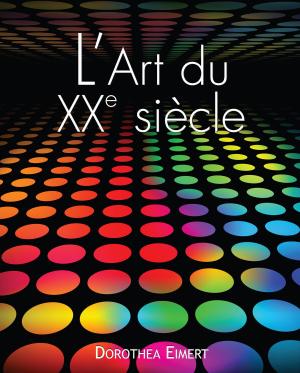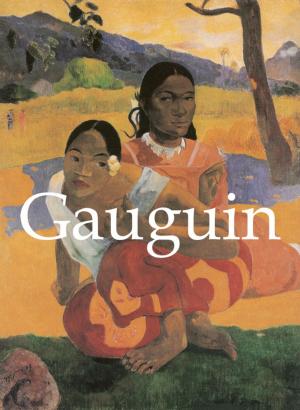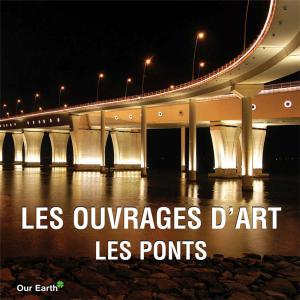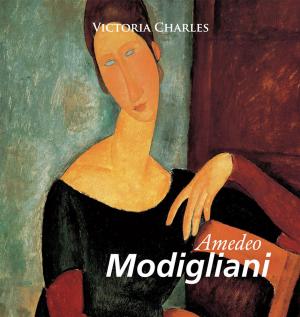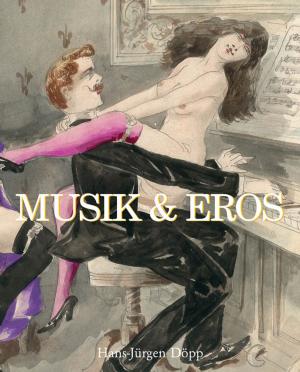| Author: | Edmund von Mach | ISBN: | 9781783107520 |
| Publisher: | Parkstone International | Publication: | September 15, 2015 |
| Imprint: | Parkstone International | Language: | English |
| Author: | Edmund von Mach |
| ISBN: | 9781783107520 |
| Publisher: | Parkstone International |
| Publication: | September 15, 2015 |
| Imprint: | Parkstone International |
| Language: | English |
Greek Sculpture is probably the most well known aspect of Greek art, for a contemporary it expresses the most beautiful ideal and plastic perfection. It is the first of the Ancient Arts that looked to free itself from the imitative constraints, of the faithful representation of nature. Only a small part of the production of Greek Sculpture is known to us. Many of the masterpieces described by Antique literature are henceforth lost or badly damaged, and a large part, we know are copies, more or less skillful and faithful to the Roman era. Many have been restored by Western Sculptors, from the Renaissance to nowadays, and often in a meaning very different from the original work: a discobolous is thus turned into a dying gladiator, this god received the attributes of another, the legs of this statue are transplanted to the torso of this other one. “The soul of Greek Sculpture contains in it all sculpture. Its essential simplicity, defies all definition. We can feel it, but we can not express it. ‘Open your eyes, study the statues, look, reflect and look again,’ is the perpetual perception of anyone who wants to learn or know about Greek Sculpture.”
Greek Sculpture is probably the most well known aspect of Greek art, for a contemporary it expresses the most beautiful ideal and plastic perfection. It is the first of the Ancient Arts that looked to free itself from the imitative constraints, of the faithful representation of nature. Only a small part of the production of Greek Sculpture is known to us. Many of the masterpieces described by Antique literature are henceforth lost or badly damaged, and a large part, we know are copies, more or less skillful and faithful to the Roman era. Many have been restored by Western Sculptors, from the Renaissance to nowadays, and often in a meaning very different from the original work: a discobolous is thus turned into a dying gladiator, this god received the attributes of another, the legs of this statue are transplanted to the torso of this other one. “The soul of Greek Sculpture contains in it all sculpture. Its essential simplicity, defies all definition. We can feel it, but we can not express it. ‘Open your eyes, study the statues, look, reflect and look again,’ is the perpetual perception of anyone who wants to learn or know about Greek Sculpture.”







